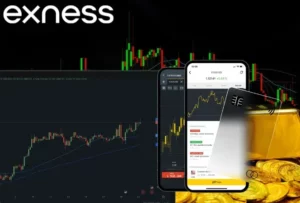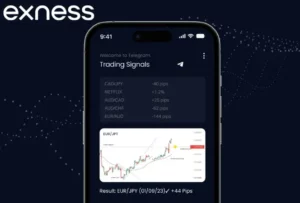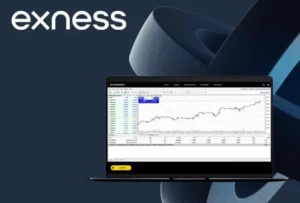When choosing an online trading platform, it’s important to consider your specific trading needs, preferences, and the markets you wish to trade in. Two popular platforms for Nigerian traders are Exness and Delta Exchange. Both are reputable in their own right, but they serve different types of traders. Exness is a multi-asset broker, while Delta Exchange specializes in cryptocurrency derivatives. This article will compare the two platforms in terms of their offerings, fees, tools, and more to help you determine which one is better suited for you.
Overview of Exness
Exness is a well-established online broker offering a wide range of trading instruments across multiple asset classes, including forex, commodities, indices, and cryptocurrencies. Founded in 2008, Exness is known for its user-friendly platform and regulatory compliance in several major financial markets.
- Trading Instruments: Exness offers trading in forex, commodities, stocks, indices, and cryptocurrencies.
- Regulation: Exness is regulated by major authorities such as the FCA (Financial Conduct Authority), CySEC (Cyprus Securities and Exchange Commission), and FSCA (Financial Sector Conduct Authority).
- Platform: Exness supports popular platforms like MetaTrader 4 (MT4), MetaTrader 5 (MT5), and its Exness Web Terminal. The platforms are available on desktop, mobile, and web.
- Key Features: Exness provides features like flexible leverage, low spreads, fast order execution, and a range of account types catering to different trader levels.
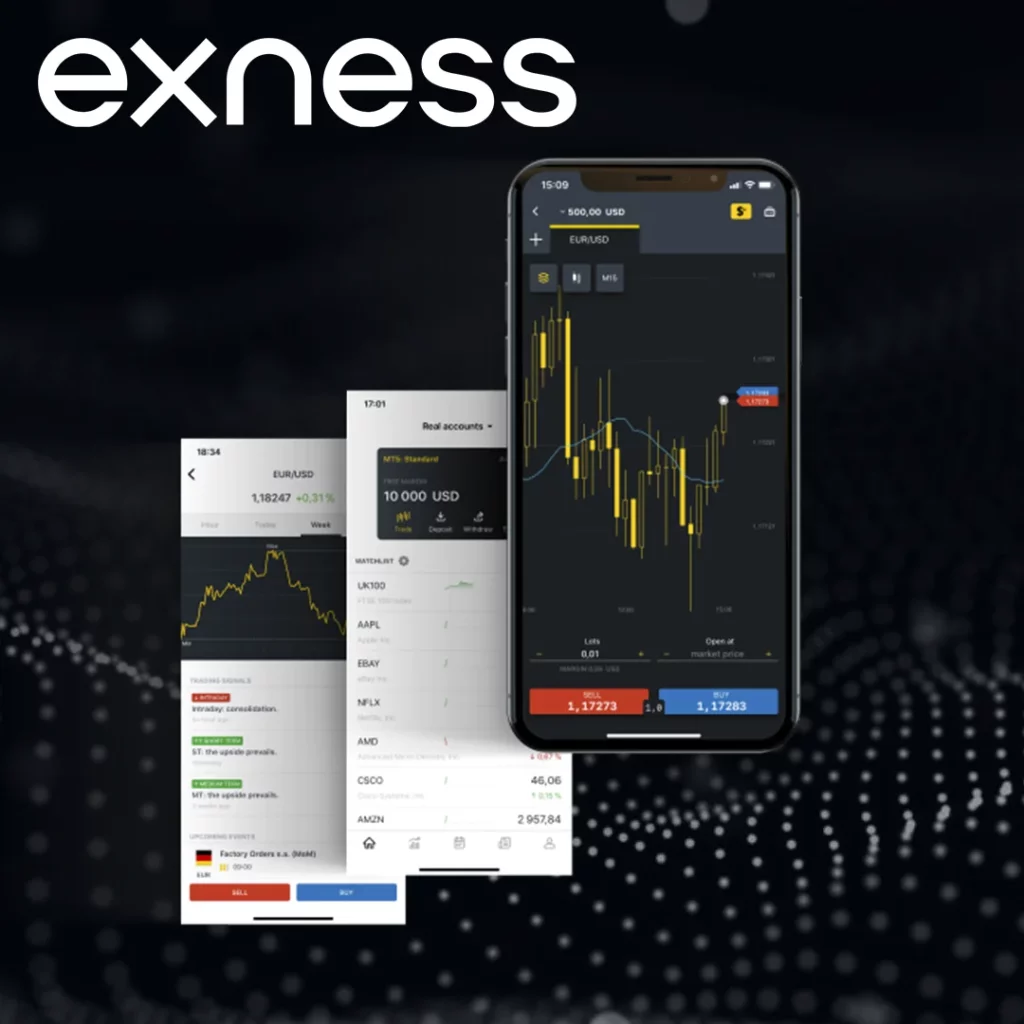
Overview of Delta Exchange
Delta Exchange, on the other hand, is a cryptocurrency derivatives exchange that specializes in futures and options trading for digital assets. If you are focused on trading crypto products and derivatives, Delta Exchange is designed with that purpose in mind.
- Trading Instruments: Delta Exchange offers a variety of crypto futures, options, and other derivatives based on digital currencies.
- Regulation: While Delta Exchange operates under the laws of crypto-friendly jurisdictions, it does not have the same broad regulatory oversight as Exness, which could be a consideration for traders seeking more regulatory security.
- Platform: The Delta Exchange platform is available on desktop and mobile. It is designed specifically for crypto derivatives trading and offers advanced charting tools and trading features.
- Key Features: Delta Exchange stands out for its focus on the cryptocurrency market, offering advanced products like Bitcoin options, Ethereum futures, and perpetual contracts.
Key Differences Between Exness and Delta Exchange
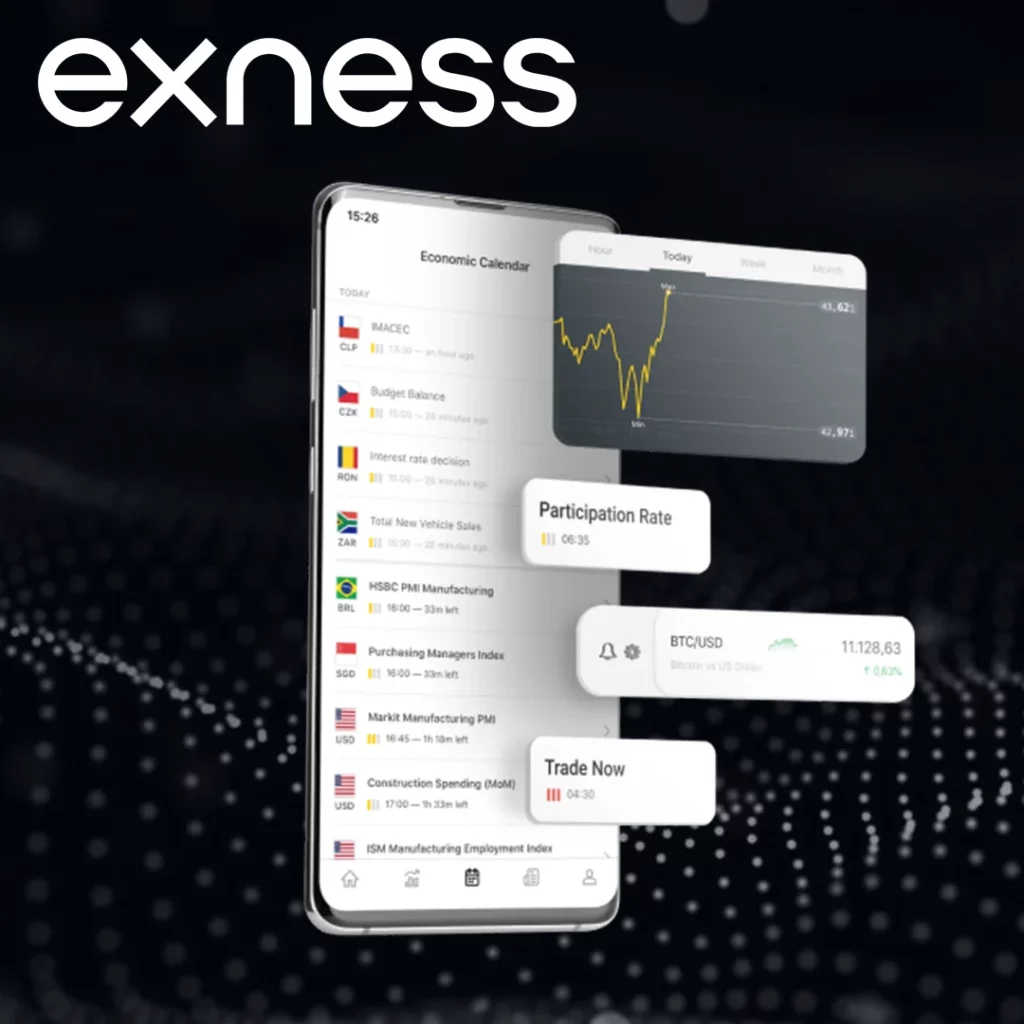
1. Trading Instruments
- Exness: Offers a broad range of trading instruments, including forex, commodities, stocks, indices, and cryptocurrencies. This makes Exness an ideal choice for traders looking to diversify across multiple asset classes.
- Delta Exchange: Focuses exclusively on crypto derivatives, including futures and options on a wide range of cryptocurrencies like Bitcoin, Ethereum, Litecoin, and others. If your main interest lies in crypto trading, Delta Exchange is a more specialized platform.
2. Target Audience
- Exness: Primarily attracts traders interested in forex and multi-asset trading. It caters to both beginners and experienced traders, offering flexible accounts and educational resources.
- Delta Exchange: Geared towards crypto traders who are looking for advanced trading products, such as futures, options, and perpetual contracts. It is ideal for those who want to trade digital assets with leverage and sophisticated trading strategies.
3. Regulation
- Exness: Well-regulated across multiple jurisdictions, including the FCA (UK), CySEC (Cyprus), and FSCA (South Africa). This provides a sense of security and reliability for traders, especially in markets like Nigeria.
- Delta Exchange: While Delta Exchange operates in a regulated manner within certain jurisdictions, it is not as widely regulated as Exness, especially in traditional financial markets. It is important for Nigerian traders to consider the regulatory landscape when trading on this platform.
Trading Platforms and Tools
Exness Platforms
- Exness offers the highly popular MetaTrader 4 (MT4) and MetaTrader 5 (MT5) platforms, which are widely used in forex and multi-asset trading. These platforms provide advanced charting tools, technical indicators, and expert advisors (EAs) for automated trading.
- Exness also provides a Web Terminal for those who prefer a browser-based trading experience, along with mobile apps for trading on the go.
Delta Exchange Platforms
- Delta Exchange has its own proprietary platform that focuses on crypto derivatives trading. It offers advanced tools for crypto futures and options trading, such as real-time charting, order book depth, and risk management tools.
- The platform is designed for experienced crypto traders and includes features like cross-margining and risk management options, which are especially important for traders dealing with high volatility.
Fees and Spreads
Exness Fees
- Spreads: Exness offers competitive spreads, starting from 0.0 pips for certain accounts (e.g., ECN accounts). The spreads vary depending on the account type, trading instrument, and market conditions.
- Commissions: Exness charges low commissions on trades, especially for their ECN accounts.
- Deposits/Withdrawals: Exness supports a wide range of payment methods, including local Nigerian payment gateways, bank transfers, e-wallets, and credit/debit cards. There are typically no fees for deposits, though withdrawal fees may apply depending on the method.
Delta Exchange Fees
- Trading Fees: Delta Exchange’s trading fees are relatively competitive, typically 0.10% for makers and 0.20% for takers on crypto futures. These fees may vary depending on the volume of trades or the specific product being traded.
- Funding Fees: Delta Exchange charges funding fees for certain crypto products, such as futures contracts. It’s important to understand these fees, especially if holding positions overnight.
- Deposits/Withdrawals: Since Delta Exchange operates primarily with cryptocurrencies, deposits and withdrawals are usually done in Bitcoin or stablecoins, which can have varying transaction fees depending on network congestion.
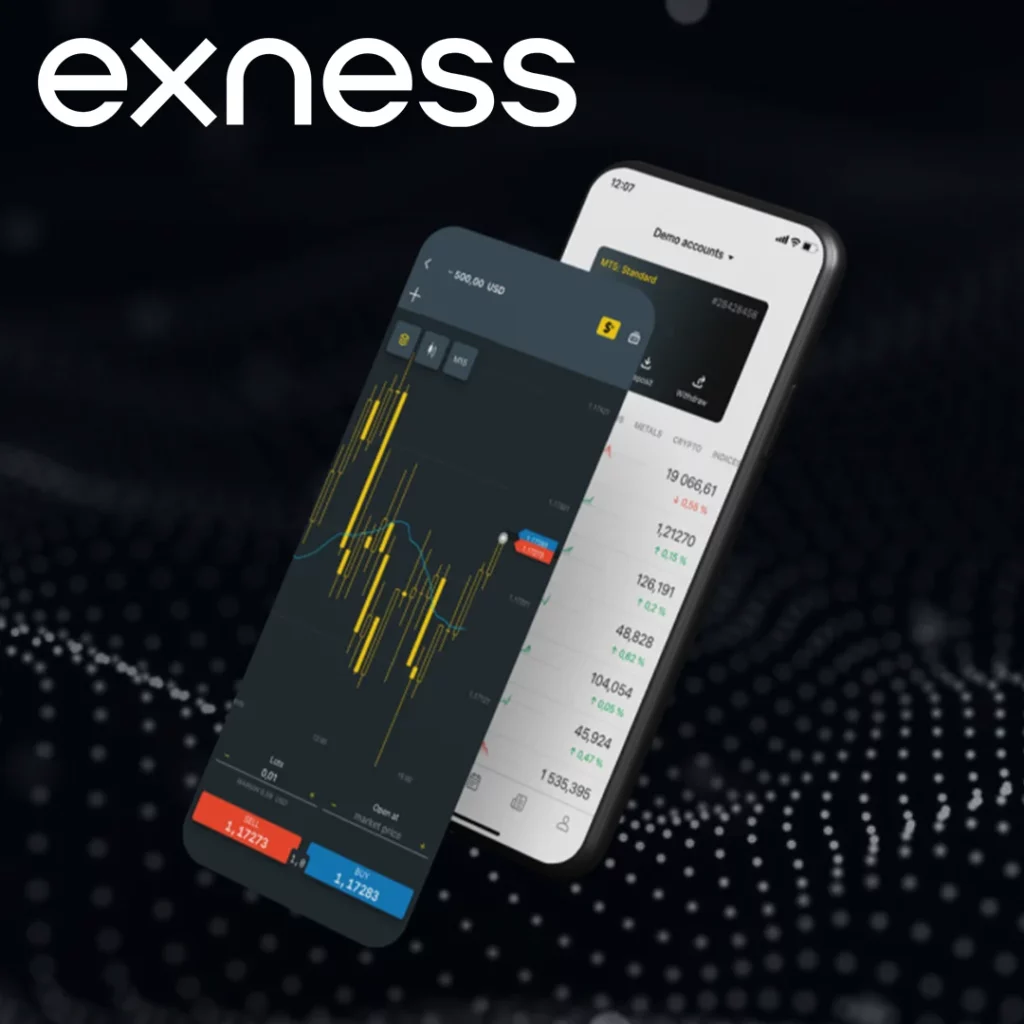
Payment Methods and Local Support in Nigeria
Exness Payment Methods
- Exness supports multiple payment methods including local Nigerian payment options, bank transfers, e-wallets, and credit/debit cards. This makes it easy for Nigerian traders to deposit and withdraw funds in NGN (Nigerian Naira).
Delta Exchange Payment Methods
- Delta Exchange supports crypto deposits and withdrawals, typically in Bitcoin, Ethereum, and stablecoins. While there may be fewer fiat deposit options compared to Exness, the exchange offers fast transfers for those who use cryptocurrencies.
Security and Customer Support
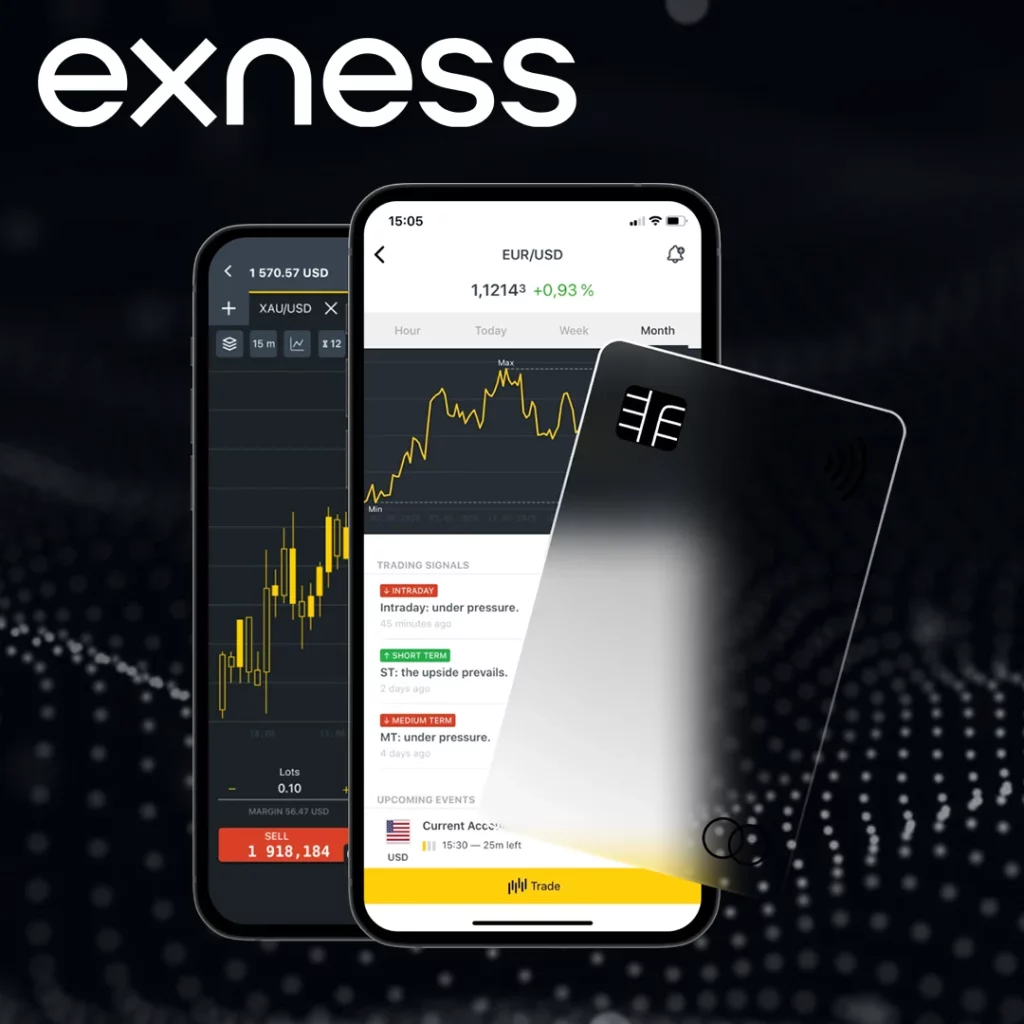
Exness Security
- Exness offers robust security features, including two-factor authentication (2FA), SSL encryption, and secure payment gateways. The platform is regulated and complies with strict security measures.
Delta Exchange Security
- Delta Exchange also provides 2FA, cold storage for crypto assets, and insurance funds to protect user assets. Given its focus on crypto, it is crucial to ensure proper security measures are in place.
Customer Support
- Exness provides 24/7 customer support via live chat, email, and phone. Nigerian traders can expect timely assistance.
- Delta Exchange offers 24/7 support via live chat and email, but the focus is primarily on crypto traders, which may make it less accessible for those unfamiliar with the crypto space.
Which Platform is Better for Nigerian Traders?
Choosing between Exness and Delta Exchange depends entirely on your trading goals:
- Exness is a better choice for Nigerian traders who are looking for a multi-asset broker that offers a wide range of instruments, including forex, commodities, stocks, and cryptocurrencies. If you want to diversify your portfolio and trade across multiple asset classes, Exness is the better option.
- Delta Exchange is ideal for crypto enthusiasts and traders who want to trade advanced crypto products like futures, options, and perpetual contracts. If you’re primarily focused on cryptocurrency trading and derivatives, Delta Exchange would be a better fit.
Conclusion
Both Exness and Delta Exchange are reputable platforms, but the right choice depends on your trading preferences. If you’re interested in a diverse range of assets and a well-regulated platform with excellent customer support, Exness is the better option. If your focus is solely on trading crypto derivatives and you prefer a platform with advanced crypto trading tools, Delta Exchange might be the better fit.

Trade with a trusted broker Exness
See for yourself why Exness is the broker of choice for over 800,000 traders and 64,000 partners.

